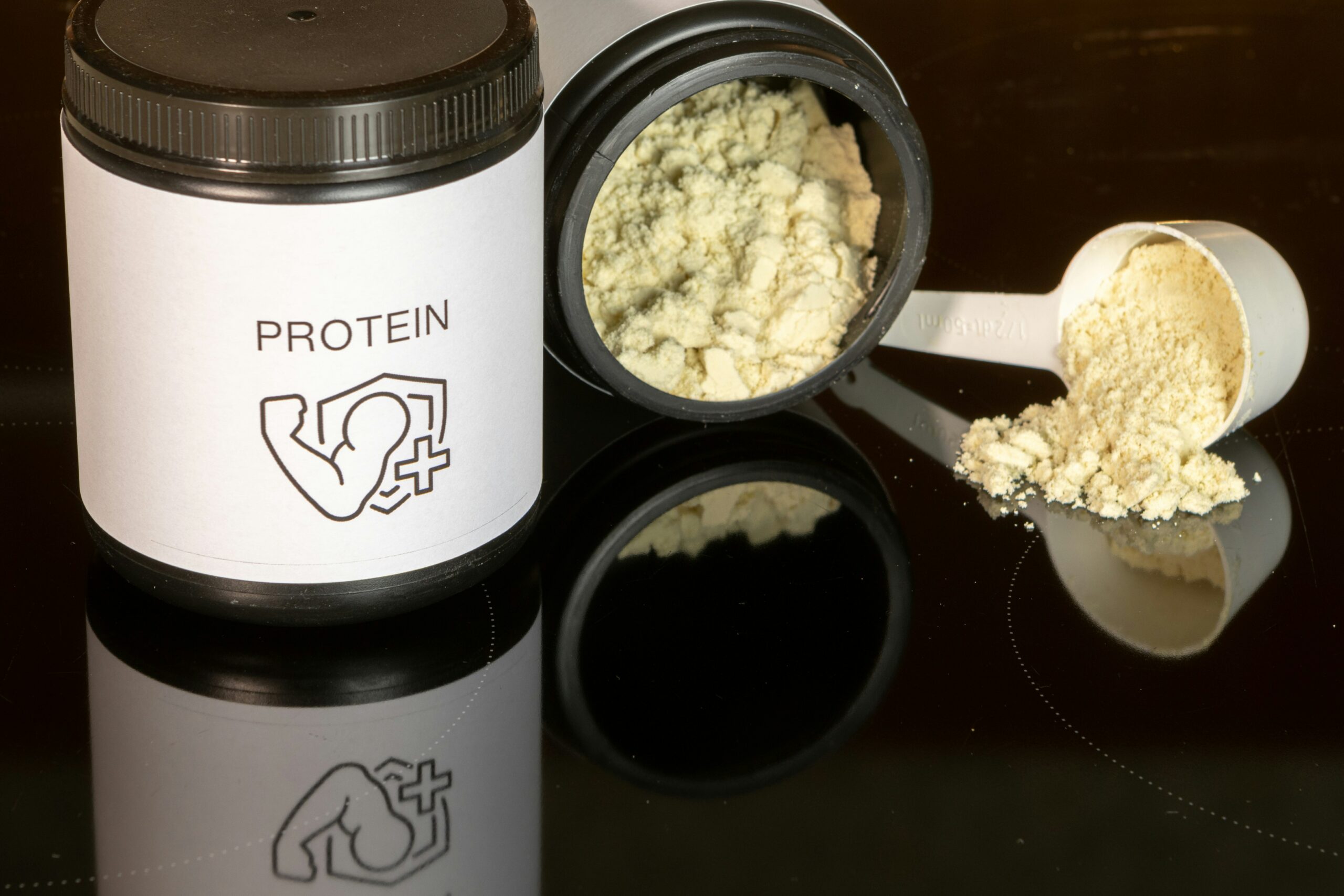What is Protein?
Proteins are vital for life, found in all living organisms, and an important nutrient that is required for critical functions in cells, tissues, and organs. They are long strings of smaller units called amino acids. A ‘complete protein’ contains all nine amino acids called “essential amino acids” in required proportions for human health.
Protein demand – the shift in consumer preferences
Protein is being increasingly prioritised by consumers for its perceived health benefits, which means a shift towards higher protein intake. There is demand for protein products that are all-natural, free from additives, antibiotic-free and grass-fed, reflecting interest in higher quality and ethical production. Manufacturers are responding to these demands by fortifying traditional foods with protein, and highlighting nutritional content and benefits on packaging. Younger consumers are becoming more interested in ingredient profiles – this is directing manufacturers to consider the process, as well as the finished product, when creating protein offerings.
Consumers are also becoming more selective about their protein sources, discovering alternatives beyond traditional animal-based proteins. Plant-based protein sources like soy, beans, peas, edamame, tempeh, tofu, nuts, seeds, hemp and nutritional yeast have gained increasing popularity as more consumers opt for vegan and flexitarian diets. In recent years, the food industry has also been exploring alternative protein sources – both plant-based and new/ alternative protein sources including algae-based and insect-based options, as well as cultured meats.
Not all food proteins are equal nutritionally
Not all food proteins are equal nutritionally though when it comes to providing essential amino acids. Plant-based proteins often require additional processing, and may not offer the complete amino acid profile that animal proteins do. Animal-based proteins are generally considered complete proteins meaning they contain all nine essential amino acids that the human body cannot produce on its own.
Although bone broth is not a ‘complete protein’ it is a valuable source of protein, particularly collagen, which breaks down into gelatin during cooking, and provides essential amino acids. The superior bioavailability, rich amino acid profiles, and additional functional benefits of bone broth aids its’ popularity. As well as its health benefits, bone broth is natural and made from basic wholefood ingredients. This is increasingly important to consumers looking to avoid highly processed foods.
Sustainability: A key factor in protein production
Sustainability is one of the most critical issues in modern protein production. The UN defines food sustainability as “the idea that food production is done in a way that is not wasteful of our natural resources and can be continued into the future without being detrimental to our environment or health.”
Food sustainability hinges on sustainable food systems. These are based on subsystems, including farming, waste management, and supply systems:
- Plant-based proteins are often presented as more sustainable due to lower water consumption, reduced greenhouse gas emissions, and less land use compared to animal agriculture.
- Animal-based proteins, including bone broth, can also be produced sustainably if the source materials are responsibly managed. Taranaki Bio Extracts’ beef bone broth and extracts are part of a sustainable, responsible and ethical supply chain starting with 100% grass-fed, free-range cattle.
According to the World Resources Institute (WRI) approximately 30% of the food produced globally is lost along the food chain. These losses can happen before, during and after harvest, with causes including human carelessness, deficient processes, and inadequate packaging. With one of the main principles of sustainable food production being waste reduction, using parts of the animal which could be discarded, supports bone broth as a food protein from a sustainability perspective – the manufacture of bone broth reduces waste and harnesses the full potential of its’ raw materials.
At Taranaki Bio Extracts, we’re part of this value-adding supply chain for protein production. When the processors have removed the prime cuts, we know there’s special value and richness hidden in the meaty beef bones. We turn what was previously considered a waste stream, into nutrient-dense superfood – minimising waste and contributing a valuable 100% natural protein food source.
To discover more about the value of our beef bone broths and extracts as a source of protein for your products visit https://taranakibioextracts.com/food-ingredients/butler-premium-ingredients/
Ends.
